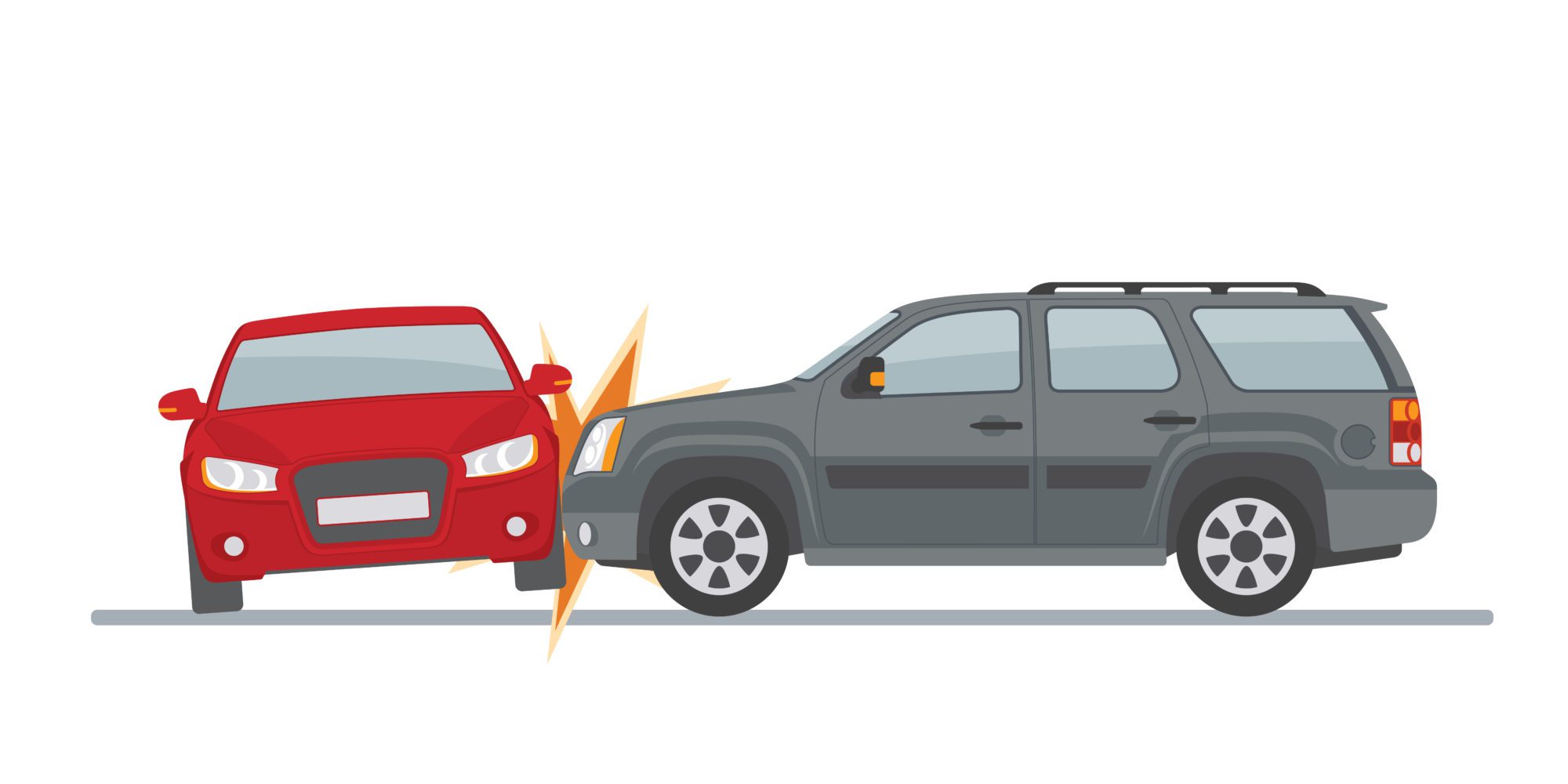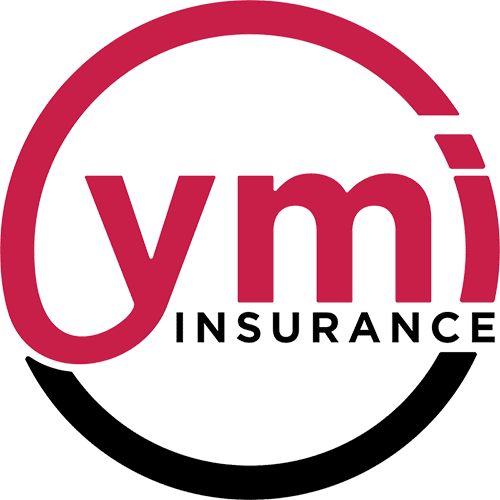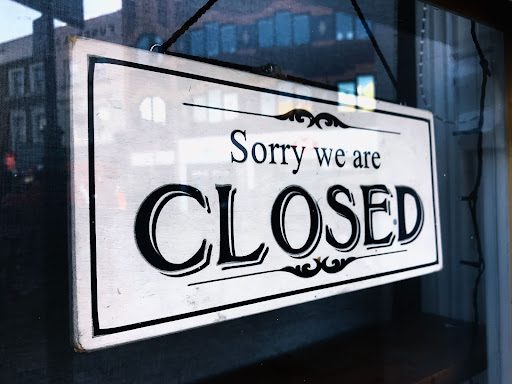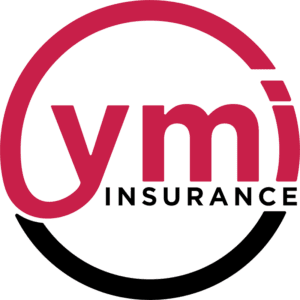
Does your business need non-owned auto coverage? When employees are involved in accidents while driving their own vehicle on company business, your company’s automobile policy can be triggered to pay the damages if a claim or lawsuit is filed.
Picture this scenario:
Tammy Smith works for 123 Paint Store. One day, the store ran out of receipts so she drives
to the local stationary store to pick some up. On her way back to the office, Tammy runs a
red light, causing an accident with another car. Both the cars are totaled. There are serious
injuries to the people in the other car. Tammy is charged with failure to stop for a red signal light.
Even businesses that own fleets of autos sometimes use vehicles that do not belong to them. Often, a business asks an employee to run an errand or visit a customer or vendor using that employee’s car. The organization may become legally liable for anything an employee acting on its behalf does while behind the wheel. Lawsuits and accompanying legal costs may confront the business if they have an accident. Many business automobile insurance policies cover this situation, but they do not do so automatically. Non-owned auto coverage would protect the business owner.
The standard Insurance Services Office Business Auto Policy uses numbered symbols to identify covered autos for each coverage the business has purchased. The policy provides liability coverage for non-owned autos only if symbols 1 or 9 are shown on the information page:
Symbol 1 – Means “Any auto.”
Symbol 9 – Means “Non-owned autos.”
The policy defines non-owned autos as autos the insured business does not own, lease, hire, rent or borrow and that are used in the business.
The term includes autos owned by:
- The business’s employees,
- Partners (if the business is a partnership),
- Members (if it is a limited liability company), or Members of their households.
Coverage applies only if the vehicle is used in the business or in the policyholder’s personal affairs.
To illustrate:
A printing company needs an emergency replacement part that broke on one of its presses. One of the
workers drives his personal vehicle to a parts warehouse 30 miles away. On his way back with the part,
he collides with another car.
If the repair shop’s auto insurance policy’s information page has either symbol 1 or 9 for liability coverage, it will cover this accident. It will pay for the shop’s legal defense costs and any resulting damages the shop is liable for, up to the amount of insurance purchased.
If the policy has another symbol, it will not cover an accident resulting from the use of the mechanic’s car.
Many types of businesses allow employees or partners to use their own vehicles for work purposes. Some examples:
- Restaurants that deliver.
- Businesses that do not provide company cars for salespersons.
- Architects, attorneys, engineers and other professionals who make site visits.
- Any organization that sends employees to offsite meetings, errands or professional conferences.
- Contractors who borrow trucks on job sites or who send employees to get tools.
- Any organization that sends employees to the bank or post office.
It is possible that the employee’s personal auto insurance policy may provide some coverage for you in case of an accident. But you should not assume that this is guaranteed.
Also, many individuals purchase the minimum amounts of insurance required by state law, so any coverage you share with the employee may be used up quickly and you would be liable for the rest.
It’s also possible that the employee’s personal insurer will subrogate with your insurer to recoup any claims payments if the accident happened in the course of their job.
The takeaway
Almost every company has a situation where it asks someone to use a personal vehicle for business. If you are concerned that you may not be covered if an employee has an accident in their own car while on the clock contact your agent . An uninsured loss can be financially devastating, but is easily avoidable with non-owned auto coverage.




